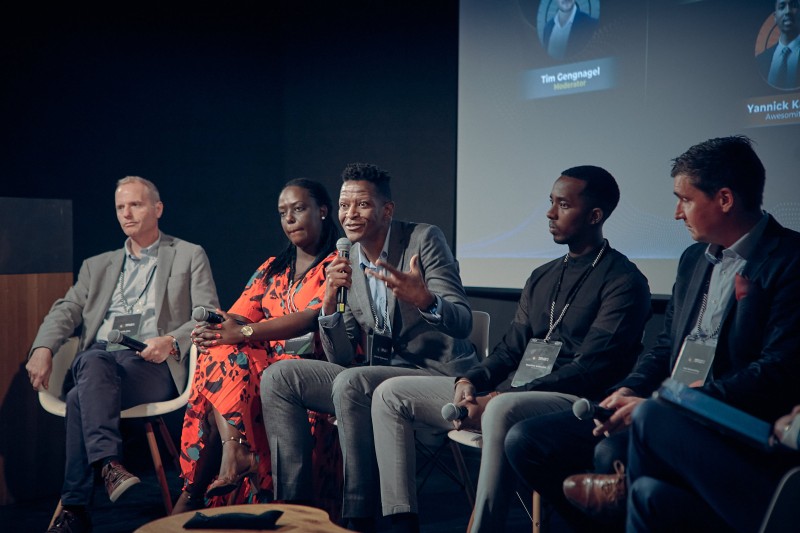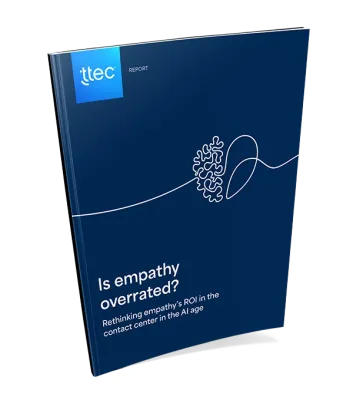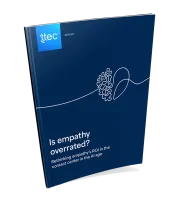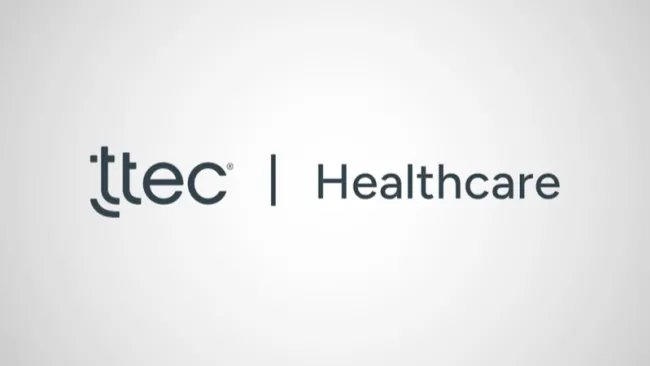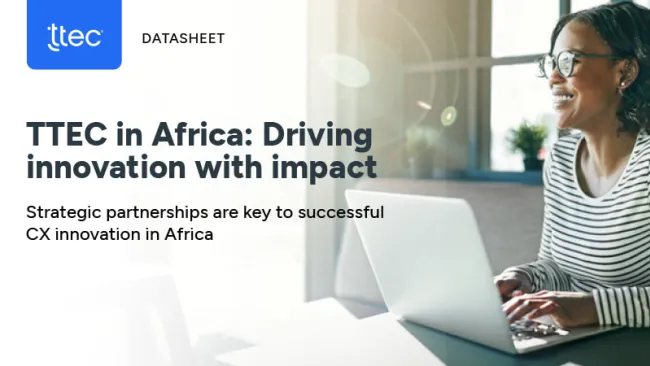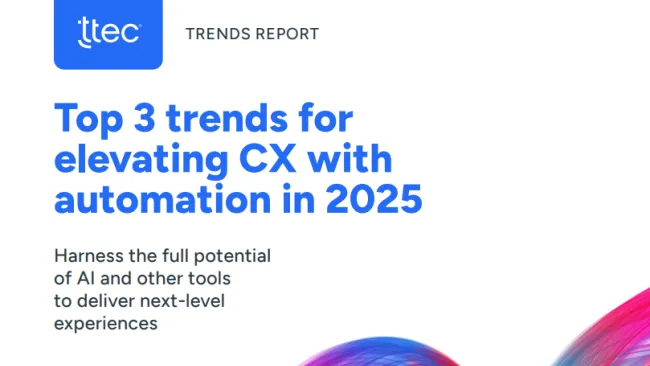You enter a room. The energy is palpable. This is unlike any other business trip. No raffles, no swag.
Though some of us had not yet been introduced, we felt like old friends because we share a vision for what’s possible and the conviction to make it happen. Earlier this month, the 2024 Rwanda Tech & BPO Summit in Berlin drew industry leaders, investors, and key stakeholders from Rwanda, Germany, and Europe to discuss investment opportunities in Rwanda. Everyone was eager to share their own experiences — how easy Rwanda is to work with as an outsourcing partner, how competitive costs are, and the high quality of service and customer care delivered by a motivated workforce fluent in English and French.
The whole outsourcing ecosystem of Rwanda was pulsing (for lack of a better term!) Where else could BPO companies network with a veritable Who’s Who of first movers, local government authorities, NGOs, and in-country talent — all aligned to lofty socioeconomic and environmental goals? You could plan a weeklong trip here and never connect with all the key people we met that day.
This group are clearly committed to bringing positive change to Rwanda through a purpose-driven Impact Strategy that feeds economic vibrancy and lifts the community to enjoy a quality standard of life. Whilst some companies have adopted an impact sourcing strategy, to create jobs for marginalised populations, an Impact Strategy is far more comprehensive and guided by investments to spur sustainable growth whilst protecting the environment.
Success stories to replicate and scale
I was honoured — and it was a blast! — to take part in a panel discussion with other outsourcing companies operating in Rwanda. We had a candid exchange about the sobering challenges of doing business here and wild successes, too.
To whet your appetite for what’s to come, consider what’s already been achieved in these business sectors from panellists at the Rwanda Tech & BPO Summit:
- E-commerce: A German retail company could not meet demand for video and image editing with its teams based in Philippines and India. Volume was rising and product images need to get posted to the website quickly to maximise sales. In six weeks, 30-40 Rwandans were hired to do the work, eventually handling 40% of global image editing volume, and proving local labour is capable of complex and specialised work. That Germany and Rwanda are in same time zone was an added bonus.
- Technology: A German software company needed developers during the peak season to test and debug software. A Rwanda team was hired to test the software and because they work within the corporate global team, high standards of quality and delivery were consistent.
- Transportation: A company introduced battery-powered taxi motorbikes that are kinder to the environment than petrol-powered vehicles. There’s about 2,000 of these electric motorbikes in Rwanda and Kenya today.
- High tech: A privately owned U.S. drone-delivery company transports medications, whole blood, platelets, and plasma to hospitals in Rwanda, in as short as 20-30 minutes. That’s a life-saver, given how ground transportation is slowed by the mountainous terrain. The endeavour was made possible after the local government passed legislation to accommodate aviation using drones. The company now has two distribution centres in Rwanda; its unmanned flights shorten delivery times by 61% and reduce blood products’ waste (expiration) by 67%, according to research published in The Lancet.
It’s clear that an Impact-based workforce in Rwanda already is providing high-quality support at a lower cost, which is enabling these companies’ success, but also provides a direct, measurable contribution to improving companies' social scores within their ESG metrics.
BPO momentum builds
A sea change is coming and BPO companies are uniquely positioned to drive economic vibrancy in this very hilly country famous for its beloved mountain gorillas and splendid coffee. The summit, organised by GIZ Rwanda, brought together key players already making a positive impact including the Rwanda GBS Growth Initiative, Rwanda Development Board, Harambee Youth Employment Accelerator, Mastercard Foundation.
Amongst the luminaries sharing their insights: Rwanda’s Ambassador to Germany Igor César, Rwanda’s Minister of Finance and Economic Planning (Hon.) Uzziel Ndagijimana, and Germany’s State Secretary in the Federal Ministry for Economic Cooperation and Development Jochen Flasbart. Germany’s commitment to Rwanda is unparalleled with a development partnership spanning 40 years. Germany’s most recent pledge of €98 million, part of the Paris Agreement, supports sustainable development and climate change goals in this east African country.
Spending one-on-one time with these leaders was inspiring and further cements the solid partnership TTEC already enjoys with like-minded organisations committed to advancing economic growth in Rwanda. If you think about all the logistical considerations of doing business here — Customs, regulations, permits, privacy, legal, and more, this was truly a one-stop shop for connecting all the links.
We’re particularly grateful to Harambee, our longtime partner in Rwanda that trains and upskills the local workforce, for their ongoing support of our ambitious Impact Strategy initiatives here. TTEC is redefining traditional BPO Impact Sourcing to a purposeful Impact Practice based on a broader strategy with seven pillars.
Observations made on my previous visit to Rwanda were reinforced during this recent trip: The infrastructure here is strong and getting stronger. The commitment to sustainable economic growth and vibrancy — from within and beyond Rwanda — is extraordinary and I’m so proud to be on this journey with TTEC.
Stay tuned for updates!
Lead photo credit: Courtesy of Rwanda GBS Growth Initiative
